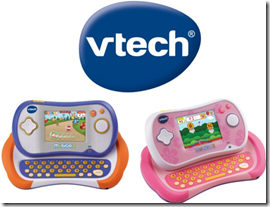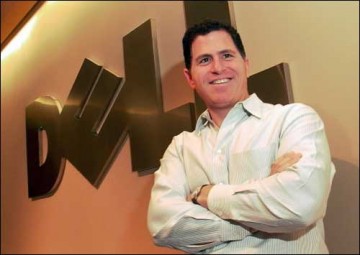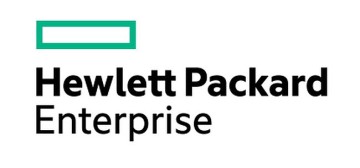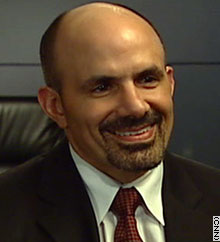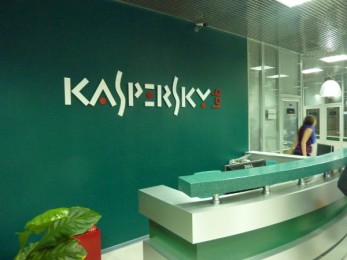 Cisco and Salesforce are combining their Internet of Things and unified communications technologies in a cunning plan to provide joint offerings to drive channel sales in the new markets.
Cisco and Salesforce are combining their Internet of Things and unified communications technologies in a cunning plan to provide joint offerings to drive channel sales in the new markets.
The networking giant will co-develop and co-market new joint offerings that combine its platforms in collaboration, IoT and contact center with Salesforce Sales Cloud, IoT Cloud and Service Cloud offerings.
Under the cunning plan Cisco Spark and WebEx will be integrated into Salesforce’s Cloud and Service Cloud. Combining these two technologies will allow customers to communicate in real time using chat, video and voice without leaving Salesforce or having to install a plug-in.
Cisco’s Jasper IoT platform, which it bought in its $1.4 billion acquisition of Jasper Technologies earlier this year – will be integrated with Salesforce’s IoT Cloud. Cisco said the joint offerings will empower organisations to quickly and cost-effectively use billions of IoT data points and provide businesses with a more comprehensive view of their IoT services.
Rowan Trollope, senior vice president and general manager of the IoT and Applications Groups at Cisco said that Cisco and Salesforce were coming together to form a strategic alliance can eliminate the friction users experience today so they can become more productive.
The alliance will also combine Cisco’s Unified Contact Centre Enterprise and Salesforce Service Cloud to help customers manage call centres more efficiently, according to a release.



